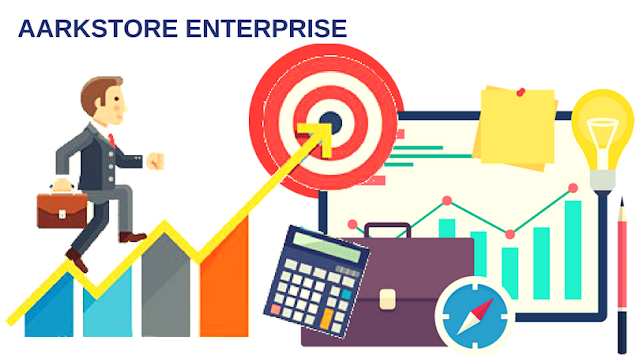Blockchain-based finance solutions by Infosys
Cross-border
trade and banking have been in place since the 70s. But even in today’s world,
trade finance can be costly and time-consuming given its high volume. Is
blockchain really a cure-all here? Time will tell. But, technology market
research reports say that this is definitely one of the most
interesting symbiosis to keep an eye on in 2018.
Infosys
Finacle (India Trade Connect) that is a part of Infosys’ subsidiary Edge Verve
systems has announced a pilot blockchain-based solution for India’s financial
operations. The digital solution has gained quick popularity and there are 14
banks that have now associated themselves with Infosys to reap the benefits of
it. The 14 banks hold responsibility for a majority of the country’s
transactions and if or not they’re all within the purview of blockchain is yet
to be tested.
How is blockchain
predicted to help?
Blockchain,
in simple terms, is a digital ledger with great possibilities. It is
decentralized and can be used to record transactions across many computers in a
categorized manner. Each record can be authenticated with a digital signature.
Any alteration in even a single record requires the collusion of every party in
the network. Here is how the bettered integrity and transparency can help:
·
Every
entity (individuals and businesses) engaged in a specific supply-demand chain
will maintain a direct relationship with each other over a virtual network.
This eliminates the direct dependence on physical documents and everyone has a
clear view of the trade instruments
·
Transparency
is increased between the parties involved. This is done by the facilitation of
real-time sharing of documents and messages. Quick decision-making is thus made
possible
·
As
a consequence of the above, every concerned person is aware of the status of
flow in the chain at every instant unlike the traditional interactions through
siloed channels
·
A
higher level of automation involved guarantees a speeded-up process with more
accuracy and efficiency. It also ensures a more effective risk mitigation.
·
With
blockchain, every entry is linked to another entry. Every record is a
consequence unlike traditional databases where entries made are snapshots of a
moment in time. This reduces fraudulent practices to a large extent. Processes
like auditing and accounting will have a profound impact.
Blockchain
market research reports seem to predict a lush future for the technology. But like the
application of any science, this technology has its own employability
challenges.
Why can’t blockchain be
deemed fool-proof?
Despite the
reduction of paper-intensive processes for international remittances, the
employment of blockchain doesn’t promise a never-failing solution for the banks
now associated with Infosys. Although more rewarding than traditional methods
in terms of speed, transparency, and security, the following are the setbacks
measured so far:
·
Unregulated
safety standards
With the traditional banking systems repellent to changes, there hasn’t been a lot of controls and protection systems in place to suit the digital era. Digital systems are prone to cybercrimes. One must ensure a due consideration of the vulnerabilities.
With the traditional banking systems repellent to changes, there hasn’t been a lot of controls and protection systems in place to suit the digital era. Digital systems are prone to cybercrimes. One must ensure a due consideration of the vulnerabilities.
·
Technology
doesn’t stay stagnant
It keeps evolving and the learning curve is significant. With the adoption of a technology like blockchain, the financial institutions involved are signing up for a dynamic network that requires persistence, responsiveness, and a long-term vision.
It keeps evolving and the learning curve is significant. With the adoption of a technology like blockchain, the financial institutions involved are signing up for a dynamic network that requires persistence, responsiveness, and a long-term vision.
Market
research reports
say that to be proactive is the key. Blockchain, as a technology, has great
potential. To tap this and to exploit it to your best can only be possible from
a deep understanding of the two fields; finance and blockchain.



Comments
Post a Comment